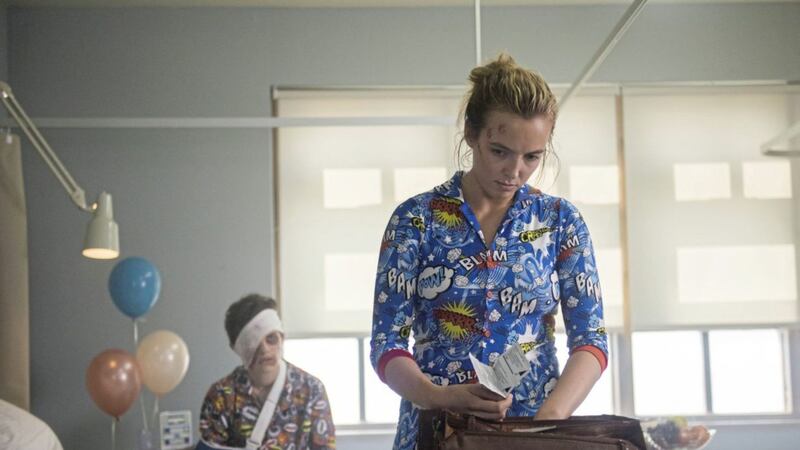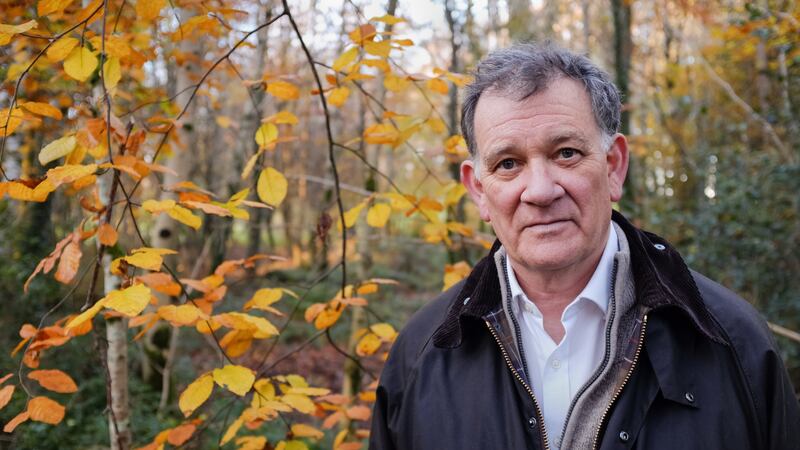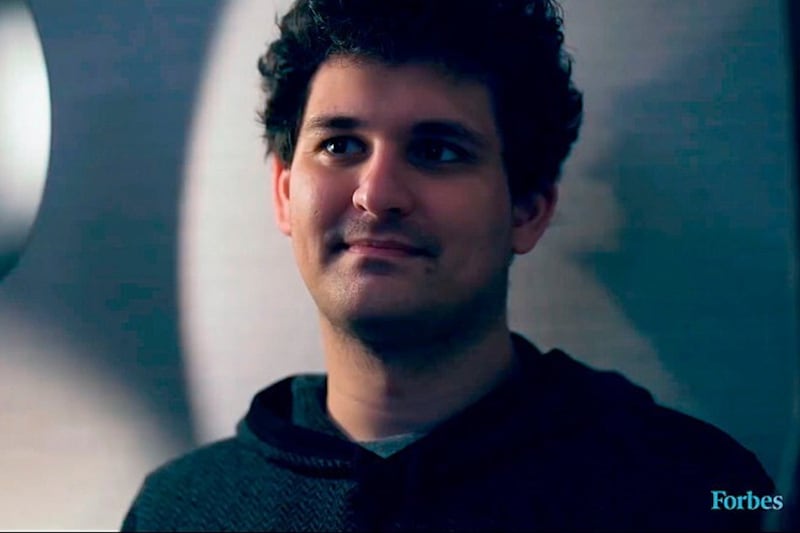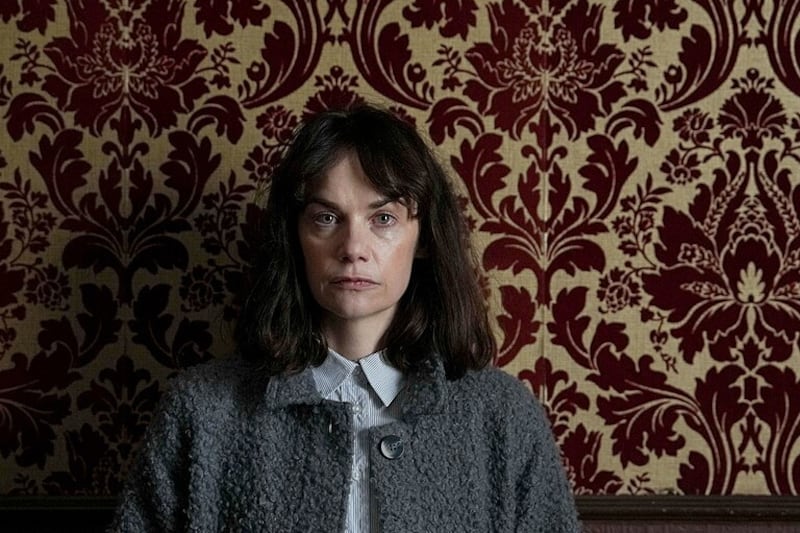Killing Eve, BBC iPlayer
I’ve been left perplexed after the first episode of the second series of Killing Eve.
It presents like a black comedy, except it isn’t funny. Perhaps it's an off-beat spy thriller where a psychotic assassin is being chased by a British intelligence officer who also fancies her?
That seemed likely until Villanelle, our assassin, broke a young boy’s neck in hospital because she agreed with him that his life was destroyed after his facial disfigurement in a car accident which also killed his parents. This was firmly back into the black comedy genre.
I had missed the first series of Killing Eve but awards and amazing reviews brought me to the start of the second series.
It continued in Paris “30 seconds” after the end of series one, where Eve, working for M16, had tracked down Villanelle and stabbed her in the stomach after the pair confessed their obsession with each other.
A confused Eve flees as other agents arrive to try and kill Villanelle, who although badly wounded escapes. After orchestrating a car accident she threatens the driver to bring her to hospital.
There she befriends and then kills the boy, before escaping from the hospital in his superhero pyjamas and smuggling herself to London in the boot of a family’s car.
Eve, distraught at the thought she may have killed the love of her life, returns to London for a showdown with her MI6 boss, whom she convinces that she couldn’t locate Villanelle.
Killing Eve has been a huge success in the UK and the US so it must have something going for it, but for me it’s trying so hard to be slick and stylized that it’s forgotten about narrative.
And some of the inconsistencies were so annoying.
An injured Villanelle casually drinks from the discarded dregs of a street alcoholic’s vodka bottle (an oxymoron by the way) and puts on a coat lying nearby, but recoils at the thought of putting her feet in a nurse’s clogs as she tries to escape the hospital.
It seemed a little unlikely also that the first words from a seriously injured boy in his early teens when Villanelle says she was stabbed by a woman would be: “Women don’t stab.”
Perhaps this is statistically true, but would a 12 or 13-year-old boy with one eye have figured this out? Or care?
Series three of Killing Eve has already been commissioned and fans are hungrily consuming the series two box set on the BBC iPlayer so clearly I’m in a minority.
**
Thatcher: A Very British Revolution, BBC 2, Monday at 9pm
The superb review of the political life of Margaret Thatcher this week dealt with the beginning of her decline.
Episode four of five moved into the second half of the 1980s and a prime minister who is losing control of her ego.
Her political programme of de-regulation and privatisation is transforming the economy but Thatcher is losing the glow of her earlier election victories and is gaining a reputation for harshness among the public.
There was a fascinating insight from former MP Jonathan Aitken who revealed that he was responsible for a famous interview question by David Frost.
He had known Frost from his youth and the two met for a drink in the week before Thatcher had agreed to be interviewed. Aitken told Frost the prime minister's public image problems were referred to, in Conservative Central Office, as TBW (that bloody woman).
The sexist question is unthinkable now but it proves the old adage that you should keep your friends close but your enemies closer.









